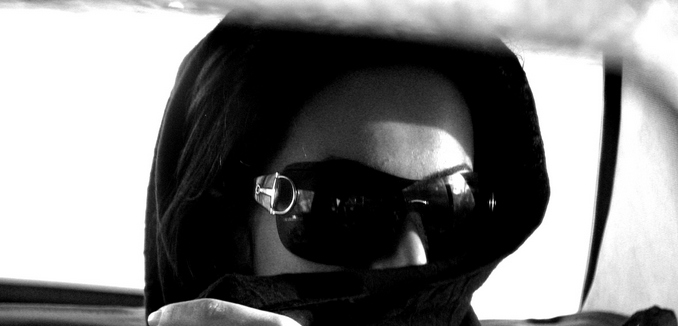The recent sentencing of an Iranian woman to lashings, 25-years of imprisonment, and death by stoning underscores the Islamic Republic’s “continued war against women,” according to a human rights activists quoted by Benjamin Weinthal in a report published Thursday in The Jerusalem Post.
The punishment, handed down to a 25-year-old who was convicted of complicity in her husband’s murder, prompted activists to issue sharp criticisms of the regime’s brutal suppression of human rights and repression of women.
Maryam Nayeb Yazdi, a campaigner who works with Iran Human Rights, told Weinthal, a research fellow at the Foundation for Defense of Democracies, “We need to note that an official Iranian website released the stoning sentence news, and we should question the regime’s motives for doing so. The stoning sentence is an indication of the Iranian regime’s continued war against women in Iran.” Nayeb Yazdi pointed out that stoning sentences are currently issued less frequently, and that international pressure has often led to the sentences being changed to death by hanging. However, she noted that “[the] rate of executions in Iran has not decreased in the last few years, it has increased.”
Julie Lenarz, who heads the Human Security Center in Great Britain, observed that Iran now executes about three people a day. “Whether or not one supports the nuclear deal with Iran,” she said, ‘it is astonishing that the West cultivates an ever-closer alliance with a theocratic regime widely known for its abysmal human rights record and aggressive behavior in the region.”
The latest United Nations report on human rights in Iran, which was released in October, determined that Iran had executed nearly 700 people through mid-September, the highest rate of executions in 25 years. This prompted Ahmed Shaheed, the UN’s investigator into human rights violations in Iran, to condemn the “unprecedented assault on the right to life in Iran.” UN Secretary General Ban Ki-Moon also criticized Iran for its use of the death penalty, especially for carrying it out against drug offenders and minors.
While Iranian President Hassan Rouhani has often been characterized as a moderate, his term in office has been marked by the steady deterioration of human rights. Shortly after his election, Rouhani appointed Mostafa Pour-Mohammadi, known as the “Minister of Murder” for his role in thousands of summary executions in the 1980’s, to the post of justice minister.
In addition to the high rate of executions, Iranian women have also seen their legal rights further diminished under Rouhani’s administration, and discrimination against both religious and ethnic minorities persists.
[Photo: Khashayar Elyassi / Flickr ]




